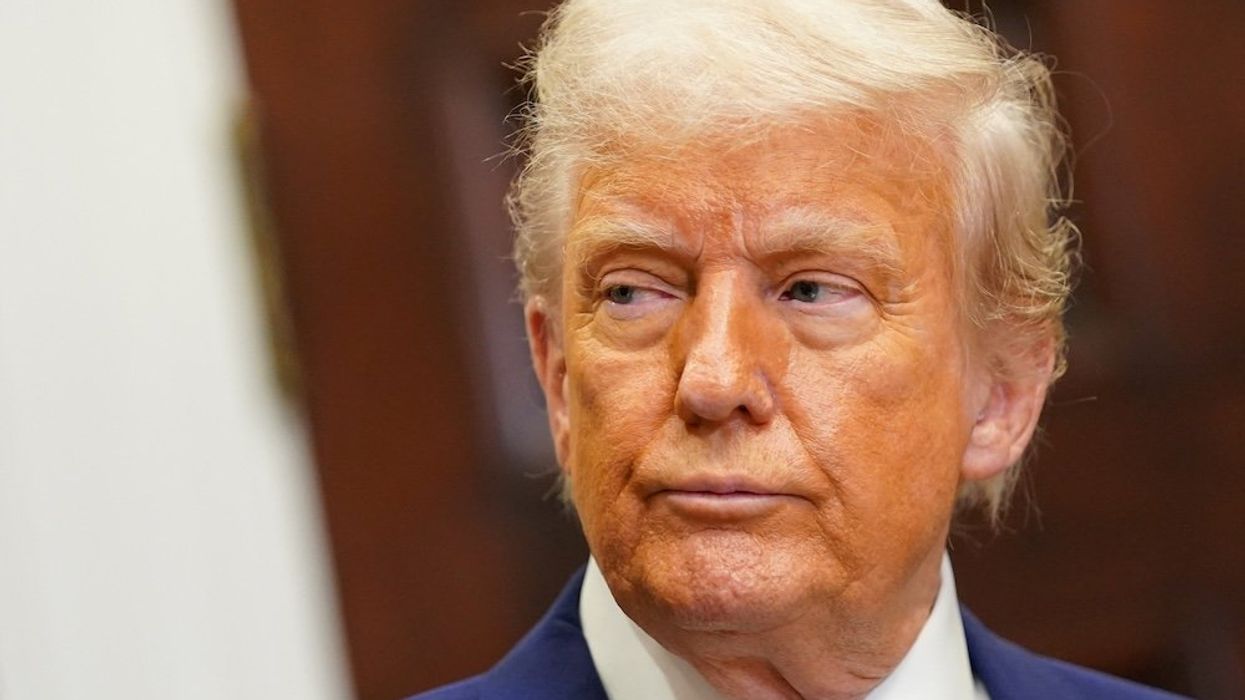President Donald Trump's administration suffered another major setback this week when it lost a court decision on a 3-0 ruling. One of those three judges was appointed by Trump himself during his first term.
Politico legal correspondent Josh Gerstein reported Thursday that a 7th U.S. Circuit Court of Appeals panel of three judges all unanimously agreed that the Trump administration's justification for deploying National Guard troops in Chicago, Illinois — which it said was necessary to quell a "rebellion" — was not based in fact. Senior Judges Ilana Rovner (appointed by George H.W. Bush) and David Hamilton (a Barack Obama appointee) and Amy St. Eve (who Trump appointed in 2018) all signed their names on the 18-page ruling.
"The critical analysis of a 'rebellion' centers on the nature of the resistance to governmental authority. Political opposition is not rebellion," the ruling read. "A protest does not become a rebellion merely because the protestors advocate for myriad legal or policy changes, are well organized, call for significant changes to the structure of the U.S. government, use civil disobedience as a form of protest, or exercise their Second Amendment right to carry firearms as the law currently allows."
"Nor does a protest become a rebellion merely because of sporadic and isolated incidents of unlawful activity or even violence committed by rogue participants in the protest," the judges continued. "Such conduct exceeds the scope of the First Amendment, of course, and law enforcement has apprehended the perpetrators accordingly. But because rebellions at least use deliberate, organized violence to resist governmental authority, the problematic incidents in this record clearly fall within the considerable daylight between protected speech and rebellion."
Typically, a president can only deploy the National Guard under Title 32 authority, which stipulates that even though the president may call the guard, it can only be valid if a state's governor officially requests it. And under Title 32, National Guardsmen report to the governor and their respective adjutant general, instead of the president. Illinois marked the first time Trump deployed the National Guard to a state that explicitly opposed it.
Thursday's ruling upheld a previous ruling by the U.S. District Court for the Northern District of Illinois that the Trump administration was prohibited from deploying National Guard troops within Illinois borders. Trump can either appeal the panel's ruling to the full circuit in what's known as an en banc ruling, or ask the Supreme Court of the United States (SCOTUS) to take up the case.
Click here to read the judges' full ruling.


